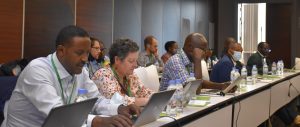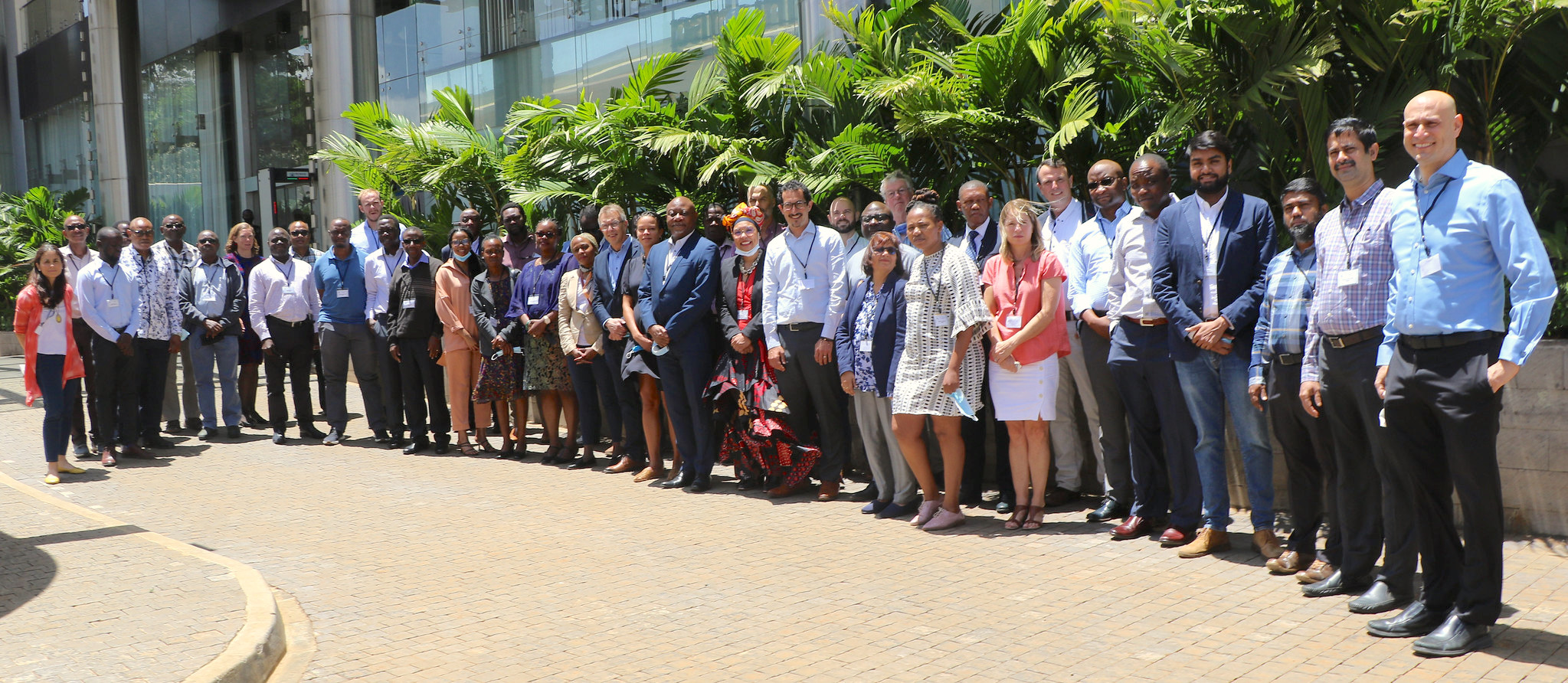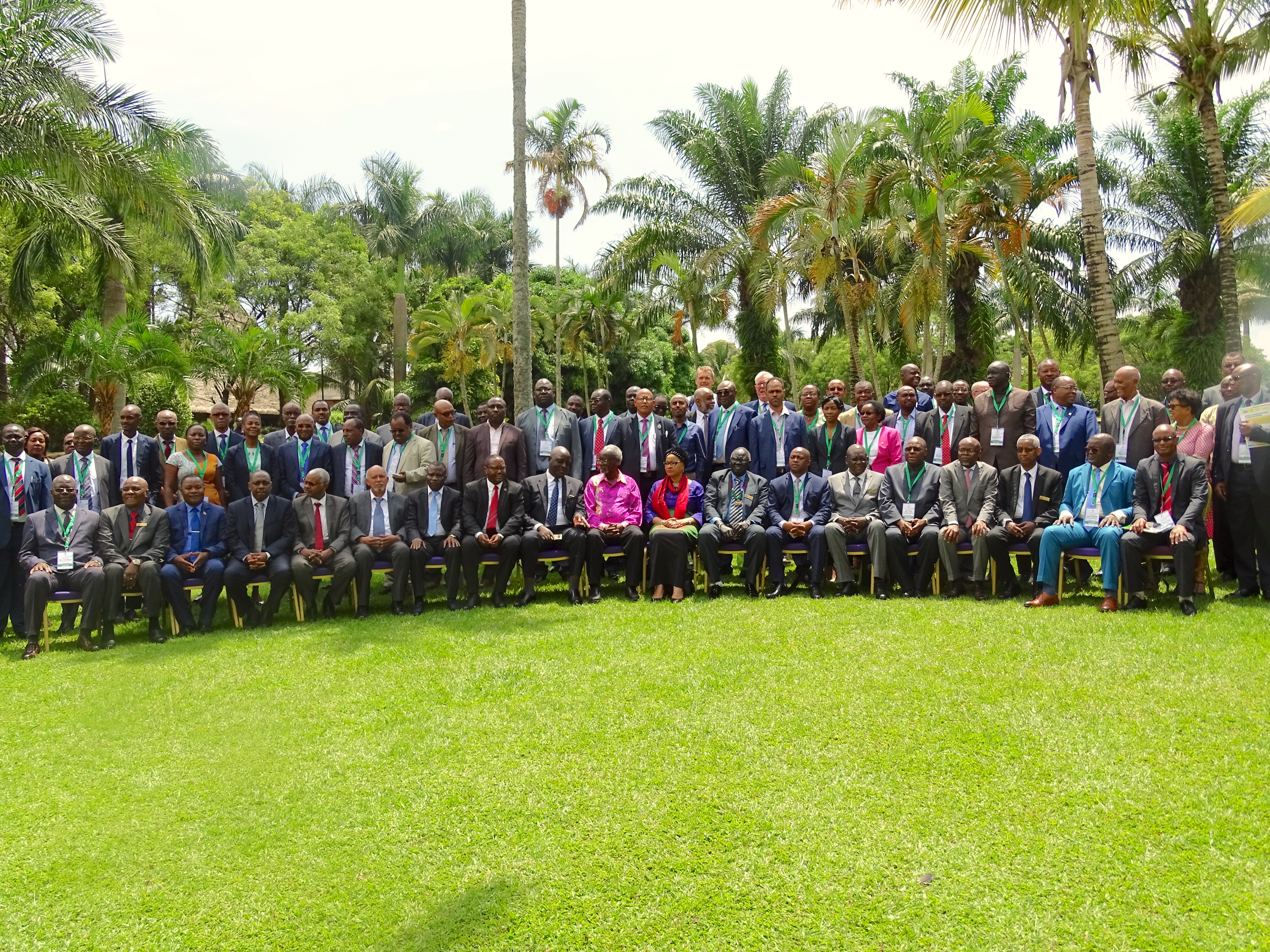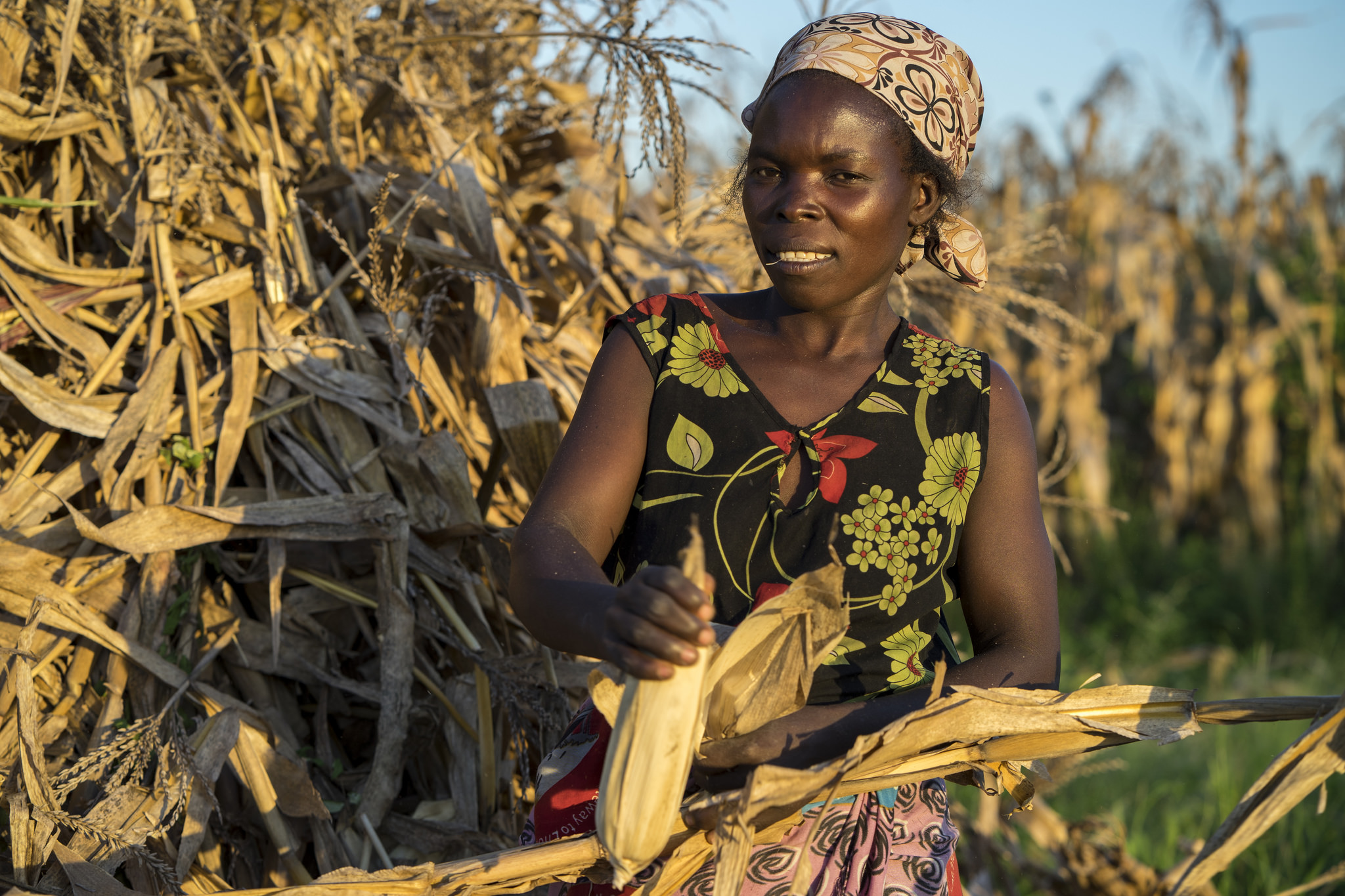
The International Maize and Wheat Improvement Center (CIMMYT) and the Rwanda Agriculture and Animal Resources Development Board (RAB) recently held a mid-term review and planning meeting on the Guiding Acid Soil Management Investments in Africa (GAIA) project.
The meeting aimed to track the progress made in the first year of the project’s implementation, identify challenges, document lessons learned, and develop an action plan for the following year, based on identified gaps and priorities.
In his welcoming remarks, RAB Director General Patrick Karangwa highlighted the close partnership between the two institutions.
“The workshop is not only about reviewing the progress but also about creating a strong partnership and interaction with each other to form a lasting togetherness that can later be useful for supporting each other in running the program’s activities of GAIA in the region,” he said.
Karangwa also noted the dynamism and enthusiasm of the GAIA team and partners, who made “remarkable successes” during a challenging period due to the COVID-19 pandemic.
Along with plant nutrition and improved land management, healthier soils contribute to more productive and profitable smallholder enterprises. The GAIA project uses scalable innovations to provide reliable, timely and actionable data and insights on soil health and crop performance, at farm and regional levels.
The workshop brought together about 49 participant including regional program implementing partners, key stakeholders, and scientists from Ethiopia, Kenya, Rwanda, Tanzania, and Zimbabwe to participate in more than 20 face-to-face and virtual presentations, breakout sessions, and team-building exercises.
“The key to project success is a strong partnership and collaboration with national and regional partners, particularly with private and public sectors ‘’ said Sieglinde Snapp, the director of the Sustainable Agrifood Systems (SAS) program at CIMMYT.
The participants addressed the work undertaken around eight work packages: spatial ex-ante analysis, adoption research on lime value chains, agronomy research for lime recommendations, support to the lime sector, policy support, coordination and advocacy, data use and management, and communication.
“We are encouraged by the progress made so far and expect to have a measurable impact in the next years. Let us feel comfortable to identify new area of research, based on the work conducted so far and national priorities” said Frédéric Baudron, GAIA project lead at CIMMYT.
GAIA is funded by the Bill and Melinda Gates Foundation and implemented by CIMMYT in partnership with the Centre for Agriculture and Bioscience International; Dalberg; national agricultural research systems in Ethiopia, Kenya, Rwanda, and Tanzania; the Southern Agricultural Growth Corridor of Tanzania; Wageningen University; and the University of California – Davis. The project aims to provide data-driven and spatially explicit recommendations to increase returns on investment for farmers, the private sector, and governments in Africa.

 Climate adaptation and mitigation
Climate adaptation and mitigation 
